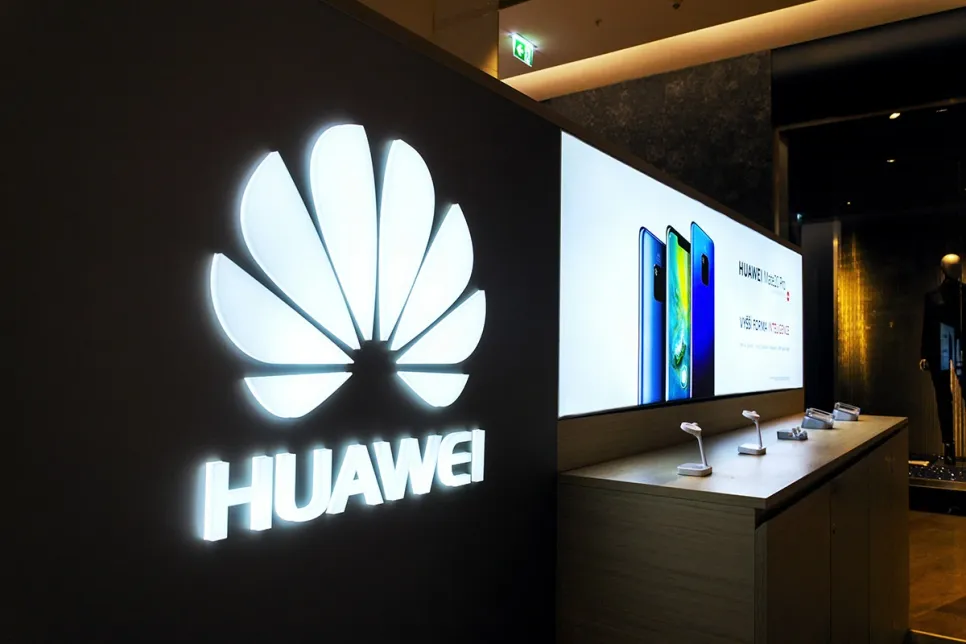Huawei to receive $630 Million Revenue from IP Deals
At its sixth annual Innovation and Intellectual Property Forum, Huawei revealed it booked around $630 million in patent licensing revenue during 2024.

At its sixth annual Innovation and Intellectual Property Forum, Huawei revealed it booked around $630 million in patent licensing revenue during 2024. In a keynote address, Alan Fan, head of Huawei’s Intellectual Property Rights department, announced that the company published 37,000 patents in 2024, setting a new record for the company. By the end of last year, Huawei held more than 150,000 active patents globally.
Chief legal officer Liuping Song added that Huawei paid nearly three times more in patent royalties than it has received over the years. According to him, Huawei invested more than CNY170 billion (approximately $24 billion) in R&D last year, representing about 20.8 per cent of total revenue. During a media roundtable, Song explained that 4G and 5G devices generated the bulk of licensing income in 2024, followed by automotive and consumer electronics. Patent revenue was split roughly evenly across Asia Pacific, the US, and Europe, each accounting for roughly one-third of total IP income.
Fan emphasised Huawei’s commitment to open innovation, noting it made more than 10,000 technical contributions to standards bodies and released more than 1,000 academic papers in the last year. Despite not selling hardware in the US since being placed on the country’s trade blacklist in 2019 over national security concerns, Song stressed that the US remains key to Huawei’s IP operations. “Even though we do not sell products in the US, we still apply for patents in the US,” he noted. “Patent application in the US is still quite normal. It is not affected by geopolitical reasons.”
Around one-third of Huawei’s patent revenue now comes from the US, driven mainly by phone manufacturers, as well as Wi-Fi and automotive vendors. Still, Huawei continues to face headwinds from US export controls, which have restricted its access to advanced chipmaking tools and partners. “Due to well-known reasons, the manufacturing of our chipsets has been affected,” Song acknowledged. “For some time, processes for our chips will still be lagging behind those industries' processes.”
However, he added that Huawei’s focus remains on overall system performance, arguing that users won’t focus on the performance of a single chip, but instead, they would focus on the performance of the whole cluster. “That’s where our connectivity technology can come into play.” Looking ahead, Fan said Huawei expects patent revenue to grow in 2025, citing rising recognition in the industry of their technologies, including Wi-Fi, 5G, audio, and video.